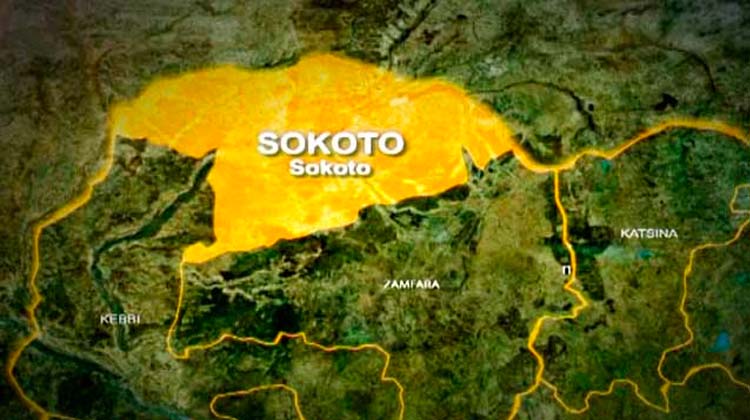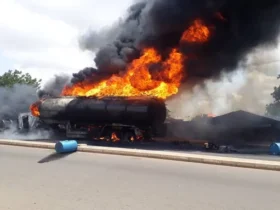
The Nigeria Centre for Disease Control and Prevention (NCDC) has confirmed a dengue fever outbreak in Sokoto State, according to a statement released on its website on Saturday.
The outbreak, which was first identified in November 2023, has resulted in 71 suspected cases and 13 confirmed cases across three local government areas: Sokoto South, Wamako, and Dange Shuni. No deaths have been reported so far.
Dengue fever, a viral infection transmitted through the bite of an infected mosquito, is prevalent in tropical and sub-tropical climates, primarily in urban and semi-urban areas worldwide. The virus does not spread from person to person. Most individuals infected with dengue experience mild or no symptoms and recover within one to two weeks.
However, in rare cases, the disease can become severe and potentially fatal. Symptoms, if they appear, typically start four to 10 days post-infection and last for two to seven days. They may include high fever, severe headache, eye pain, muscle and joint pains, nausea, vomiting, swollen glands, and rash. The risk of severe dengue is higher for individuals infected for the second time.
The NCDC, along with the National Emerging Viral Haemorrhagic Diseases Technical Working Group (NEVHD-TWG) and other relevant stakeholders, has conducted a rapid risk assessment to guide preparedness activities within the country.
The NEVHD-TWG is responsible for coordinating preparedness efforts for Ebola virus disease and other emerging viral hemorrhagic fever diseases.
The NCDC revealed in its statement that the current risk level of the dengue outbreak is considered moderate based on a dynamic risk assessment.
Also, it reports that Nigeria has adequate capacity, including technical, health workforce, and diagnostic capabilities, to effectively respond to a large-scale outbreak.
READ ALSO: JUST IN: Pro-Wike Lawmakers Obtain Court Order, Set to Impeach Governor Fubara
The country’s response to viral hemorrhagic fever epidemics, such as the Ebola outbreak in 2014 and subsequent Lassa fever, has strengthened its preparedness and response capabilities for viral hemorrhagic fevers like dengue.
Furthermore, it said diagnostic capacity for the dengue virus is currently available at the NCDC National Reference Laboratory in Abuja and the Usman Dan Fodio University Sokoto Teaching Hospital Laboratory Center for Human and Zoonotic Virology.
The NCDC also said it plans to enhance existing Lassa fever testing laboratories and others within its national laboratory network for dengue virus diagnosis to improve preparedness and readiness for a large-scale outbreak. An effective response system, including control capacities, is in place to limit the risk of the virus spreading to other states.








Leave a Reply